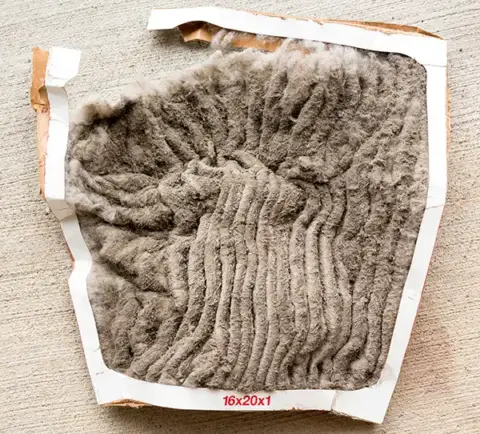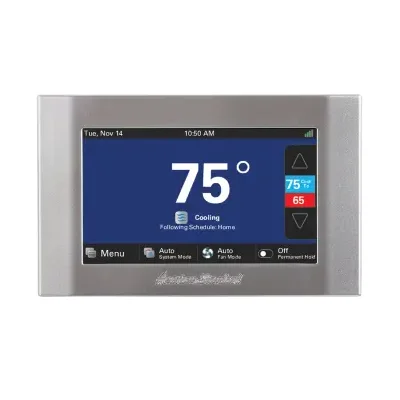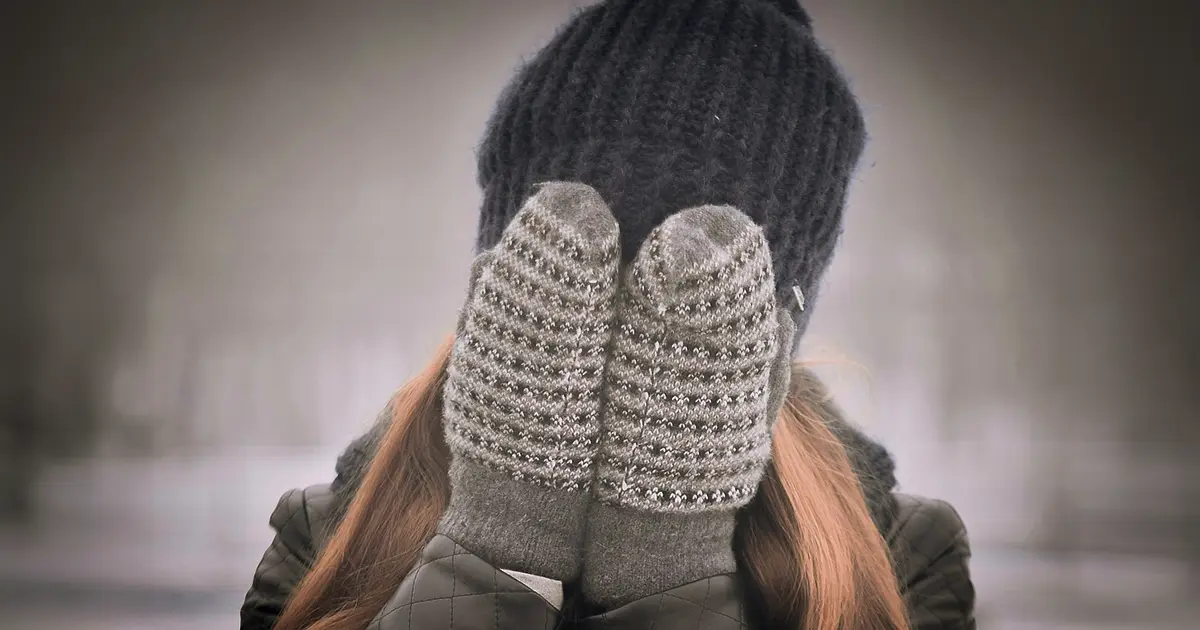Winter is upon us here in Greers Ferry, and we’re all turning to our trusty HVAC systems to keep our homes cozy and warm. But as temperatures drop, many people will suddenly face an emergency as their heating system fails to do its job.
From frozen pipes to uneven heating, winter presents unique challenges that can disrupt your comfort and safety. This month, we will explore the most common winter HVAC issues and how to prevent them.
You can avoid costly repairs and protect your family’s health with a few proactive steps.
1. Frozen Pipes
Few things are as stressful as discovering your pipes have frozen or burst. When the temperature drops outside, water inside your pipes can freeze, causing it to expand and crack the pipes. This typical winter problem can lead to expensive repairs and water damage.
Signs of Frozen Pipes
- Reduced or no water flow from faucets.
- Frost on exposed pipes.
- Strange smells are coming from drains.
How to Prevent Frozen Pipes
- Insulate Exposed Pipes: Wrap pipes with foam insulation in unheated areas (like basements, attics, and garages).
- Keep Your Home Warm: Maintain a thermostat setting above 60°F, even if you’re away.
- Open Cabinet Doors: Allow warm air to circulate pipes under sinks.
- Let Faucets Drip: A slow trickle of water can prevent freezing.
If you suspect your pipes are frozen, shut off your home’s main water supply and call a professional to assess and repair any damage.
2. The Hot-n-Cold Cycle
Walking from a toasty living room into an icy kitchen can be a frustrating and uncomfortable shock to the system. Uneven airflow can disrupt your home’s comfort and lead to higher energy bills.
Common Causes of Uneven Heating
- Blocked vents or ducts.
- Dirty air filters.
- Improper HVAC system design or leaky ductwork.

Quick Fixes for Uneven Heating
- Check and Clear Vents: Ensure furniture, curtains, or holiday decorations don’t obstruct vents.
- Replace Air Filters Regularly: Dirty filters restrict airflow and strain your system.
- Schedule Duct Inspections: A professional can identify and repair leaks or blockages in your ductwork.
If these steps don’t resolve the issue, your furnace’s blower motor or fan may need attention. Give us a call and we’ll be happy to stop by and help out.
3. All Clogged Up
Your HVAC system’s air filter is critical in maintaining airflow and trapping dust, pollen, and other particles. During winter, your system usually has to work harder, and dirty filters can reduce efficiency. This loss of efficiency can make your home feel colder than it should.
Why Clean Filters Matter
- Improve airflow and heating performance.
- Lower energy bills by reducing strain on the system.
- Extend the life of your HVAC equipment.
How Often Should You Change Filters?
- Check filters monthly, especially during heavy use.
- Replace every 1-3 months or as recommended by the manufacturer.
- Pro tip: Set a reminder on your phone or calendar to inspect and change your filters regularly—a simple habit that pays off big.
4. A Brain Malfunction

Your thermostat is the command center for your HVAC system. When it malfunctions, your home’s temperature can fluctuate wildly, leaving you shivering one minute and sweating the next.
Signs Your Thermostat Needs Attention
- The system runs continuously or shuts off prematurely.
- Temperature readings don’t match the actual room temperature.
- The thermostat screen is unresponsive or blank.
Thermostat Troubleshooting Tips
- Check the Batteries: Low or dead batteries are often the culprit.
- Clean the Thermostat: Dust can interfere with the sensor’s ability to read temperature accurately.
- Recalibrate the Unit: Follow the manufacturer’s instructions to ensure proper temperature readings.
If these steps don’t resolve the issue, it might be time to upgrade to a programmable or smart thermostat, which can save energy and improve comfort.
5. Flickering Pilot Light
The pilot light is essential for maintaining warmth in homes with gas or propane heating systems. If it flickers or goes out, your heating system won’t function properly.
Common Causes of Pilot Light Issues
- Drafts in the furnace area.
- Dirty or damaged flame sensors.
What You Can Do
- Seal Drafts: Check the furnace area for drafts and seal any gaps.
- Clean the Flame Sensor: Gently clean it with a soft cloth. If unsure, call a technician to clean or replace the sensor.
A reliable pilot light ensures your heating system runs smoothly, so don’t delay in addressing any issues.
6. The Silent Killer
Carbon monoxide (CO) is a colorless, odorless gas that can be deadly if inhaled. Faulty furnaces, cracked heat exchangers, or blocked chimneys can release this dangerous gas into your home.
How to Stay Safe
- Install CO Detectors: Place them near bedrooms and living areas and test them regularly.
- Replace Batteries Promptly: A chirping detector indicates a low battery—change it immediately.
- Schedule Regular Inspections: Professional maintenance can catch potential CO risks before they become serious.
If your detector alarms with four beeps, evacuate your home and call emergency services immediately.
7. Heat Pump Failure
Heat pumps are energy-efficient systems for both heating and cooling, but winter weather can challenge their performance. Snow, ice, and freezing temperatures may cause problems like frozen coils or reduced efficiency.
Common Heat Pump Issues in Winter
- Ice buildup on the outdoor unit.
- Low refrigerant levels.
- Faulty starter capacitors or thermostat issues.
Solutions for Heat Pump Challenges
- Clear Ice and Snow: Gently remove any accumulation from the outdoor unit to maintain proper airflow.
- Replace Filters: Clean filters ensure the system runs efficiently.
- Call a Professional: Your friends at Greers Ferry Heat & Air are always here for you; we are certified HVAC company equipped to handle repairs safely and effectively for refrigerant or mechanical issues.
Final Thoughts
Winter HVAC problems can disrupt your comfort, increase energy bills, and pose safety risks. By understanding common issues like frozen pipes, uneven heating, or malfunctioning thermostats, you’re better equipped to address them proactively.
At Greers Ferry Heat & Air, we’re here to help. Whether you need routine maintenance, emergency repairs, or expert advice on upgrading your system, our team is just a call away. Don’t let winter woes keep you from enjoying a warm, comfortable home. Pick up the phone and dial (501) 825-7295 for HVAC service you can depend on!

